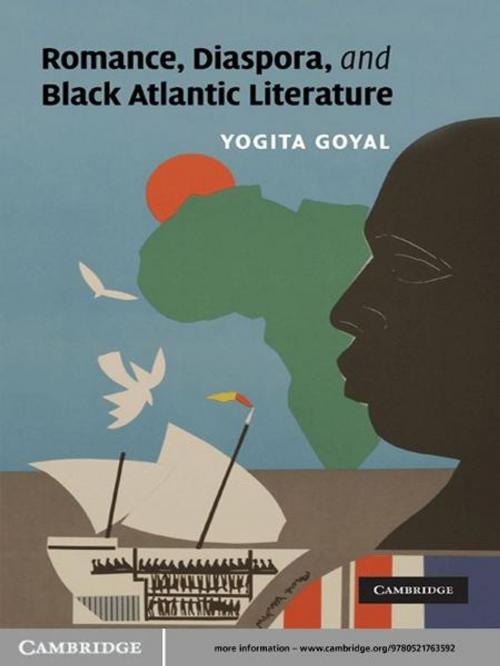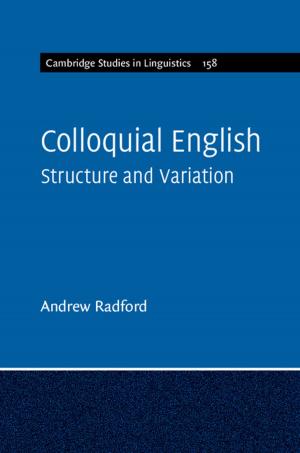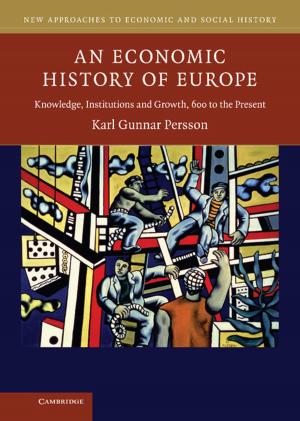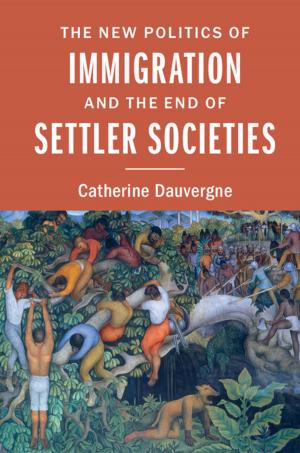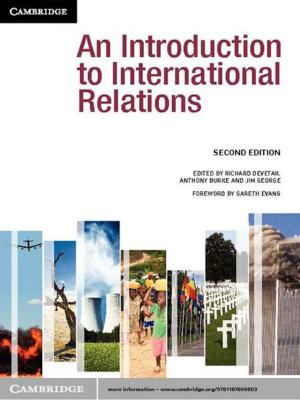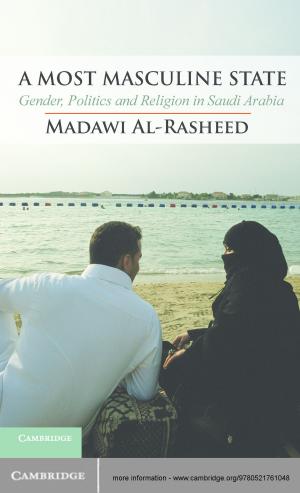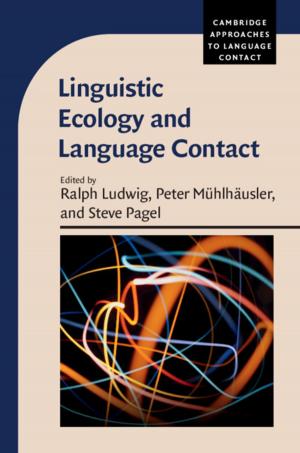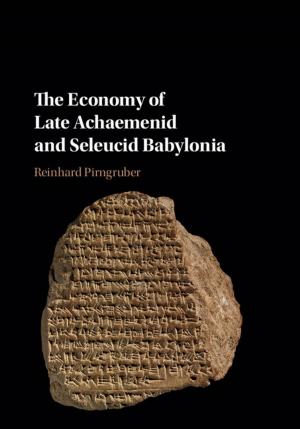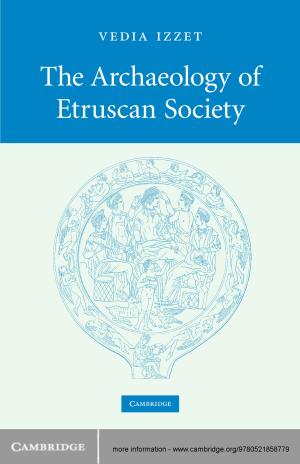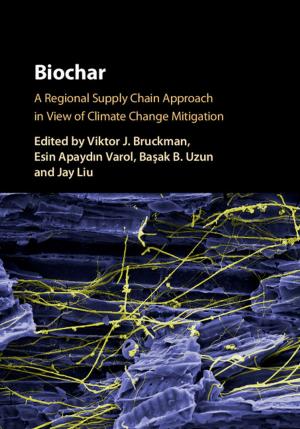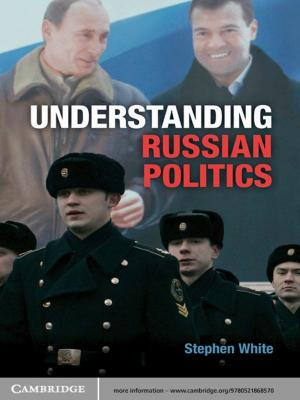Romance, Diaspora, and Black Atlantic Literature
Fiction & Literature, Literary Theory & Criticism, American| Author: | Yogita Goyal | ISBN: | 9780511848292 |
| Publisher: | Cambridge University Press | Publication: | April 22, 2010 |
| Imprint: | Cambridge University Press | Language: | English |
| Author: | Yogita Goyal |
| ISBN: | 9780511848292 |
| Publisher: | Cambridge University Press |
| Publication: | April 22, 2010 |
| Imprint: | Cambridge University Press |
| Language: | English |
Romance, Diaspora, and Black Atlantic Literature offers a rich, interdisciplinary treatment of modern black literature and cultural history, showing how debates over Africa in the works of major black writers generated productive models for imagining political agency. Yogita Goyal analyzes the tensions between romance and realism in the literature of the African diaspora, examining a remarkably diverse group of twentieth-century authors, including W. E. B. Du Bois, Chinua Achebe, Richard Wright, Ama Ata Aidoo and Caryl Phillips. Shifting the center of black diaspora studies by considering Africa as constitutive of black modernity rather than its forgotten past, Goyal argues that it is through the figure of romance that the possibility of diaspora is imagined across time and space. Drawing on literature, political history and postcolonial theory, this significant addition to the cross-cultural study of literatures will be of interest to scholars of African American studies, African studies and American literary studies.
Romance, Diaspora, and Black Atlantic Literature offers a rich, interdisciplinary treatment of modern black literature and cultural history, showing how debates over Africa in the works of major black writers generated productive models for imagining political agency. Yogita Goyal analyzes the tensions between romance and realism in the literature of the African diaspora, examining a remarkably diverse group of twentieth-century authors, including W. E. B. Du Bois, Chinua Achebe, Richard Wright, Ama Ata Aidoo and Caryl Phillips. Shifting the center of black diaspora studies by considering Africa as constitutive of black modernity rather than its forgotten past, Goyal argues that it is through the figure of romance that the possibility of diaspora is imagined across time and space. Drawing on literature, political history and postcolonial theory, this significant addition to the cross-cultural study of literatures will be of interest to scholars of African American studies, African studies and American literary studies.
